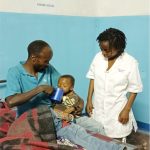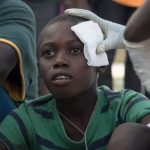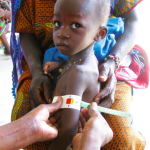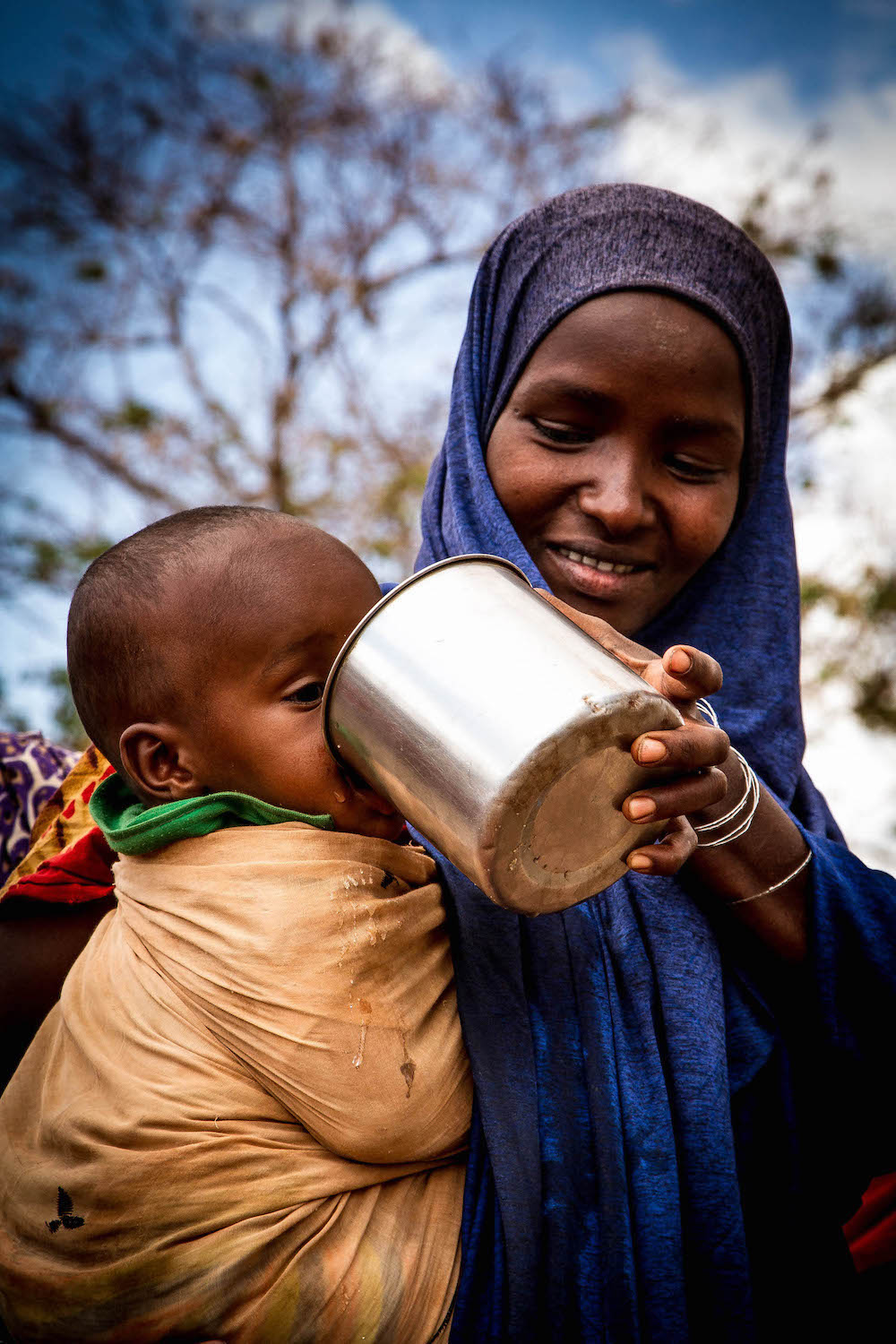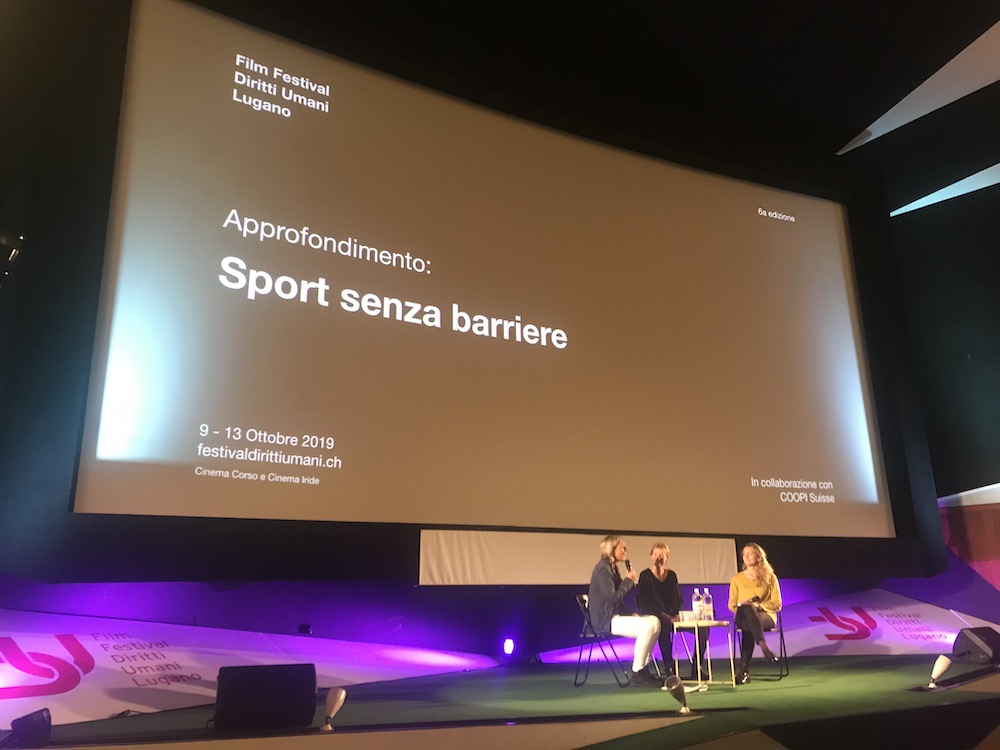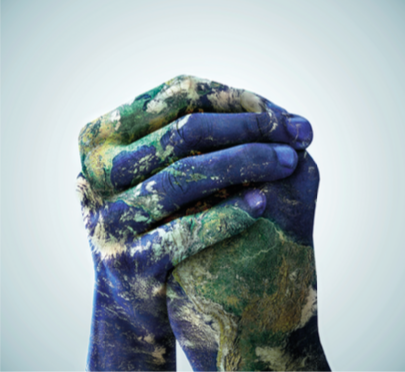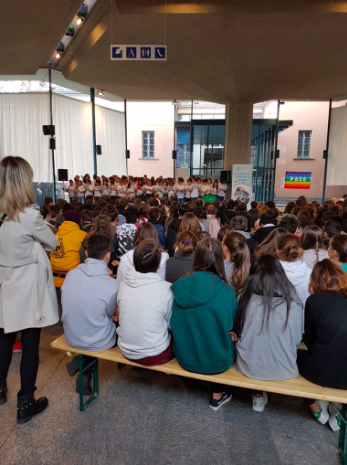RAISED: € %RAISED%
Water and sanitation in the Central African Republic
The Central African Republic is ranked at the penultimate place of the Human Development Index in the world. This means that this country lacks the minimum conditions to ensure people's survival. In order to combat poverty and preserve human lives, one of the first needs to be met is the availability of safe water and sanitation utilities. In the country the coverage of water services is at 32%, while that of sanitation is at 28%.
Based on these considerations and feasibility studies on site, COOPI Suisse's project involves the construction of lavatories and the rehabilitation of wells in the prefectures of Ouaka, Basse Kotto and Haut Mbomou, in the centre and east of the country.
Specifically, a well will be built by drilling 70 metres into the ground and a hand pump will be installed, too. Around the well a protection with a pavement will be built.
To ensure clean water, 2water points will be rehabilitated in the municipality of Alindao, 2 water points in the municipality of Bakala (Ouaka) and 1 water point in the municipality of Zemio (Haut Mbomou), all equipped with a manual pump. These wells will make it possible to exploit even the less productive aquifers, thus avoiding periods of total lack of water.
The communities will be assisted to become autonomous in the management of these water points, thanks to four days of training by technicians ofANEA (National Agency for Water and Sanitation in Rural Areas) intended for the committee members in charge of the water management. They will be responsible for the supervision and the maintenance of both the drill well and the five water points.
In the three villages, three lavatory blocks will be installed in public places to promote their use. Each block will be built with a ventilated pit, equipped with two toilets (female/male) divided by walls to guarantee privacy. Each toilet will be equipped with ramps and grab bars to facilitate access and use for people with disabilities. The lavatory doors will be equipped with internal locking systems to guarantee the safety of those using them. Regarding the lightning, the use of kits or solar lamps will be evaluated on a case by case basis. All blocks will have a hand washing system.
The direct beneficiaries are 3.330 people, including at least 1.671 women.
The indirect beneficiaries are 29.100 inhabitants of the three municipalities of Zemio, Alindao and Bakala.
Local partners: COOPI Suisse cooperates with COOPI CAR and ANEA - National Agency for Water and Sanitation in Rural Areas.
The project runs from January 2021 to December 2021.





